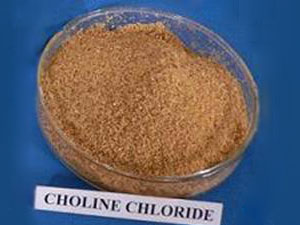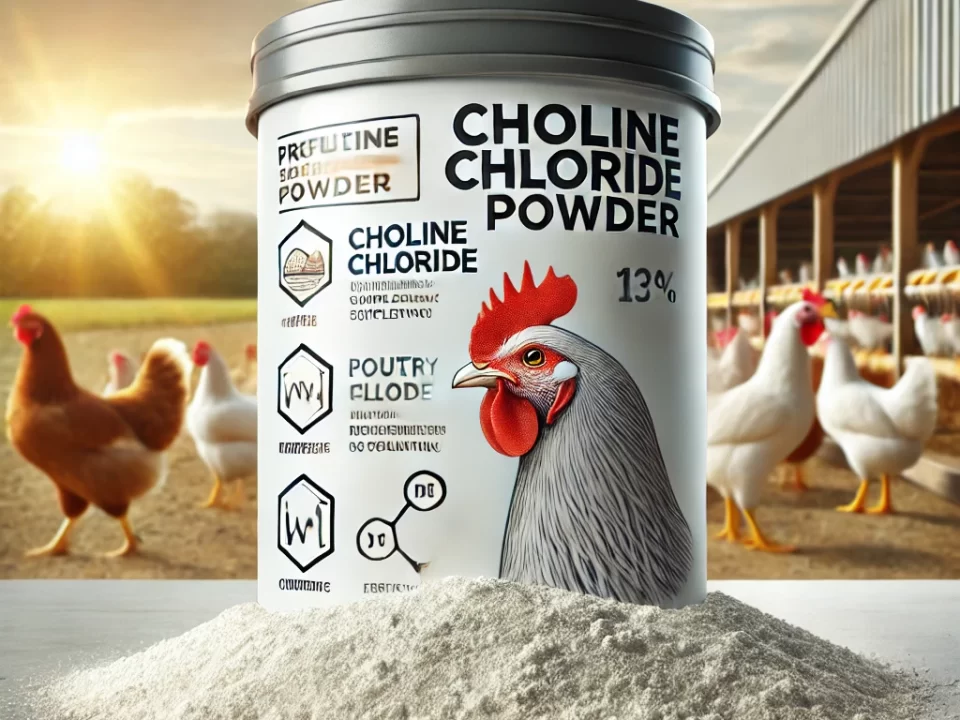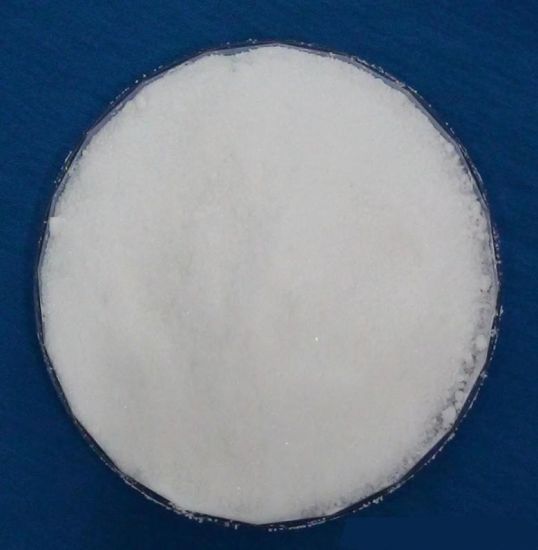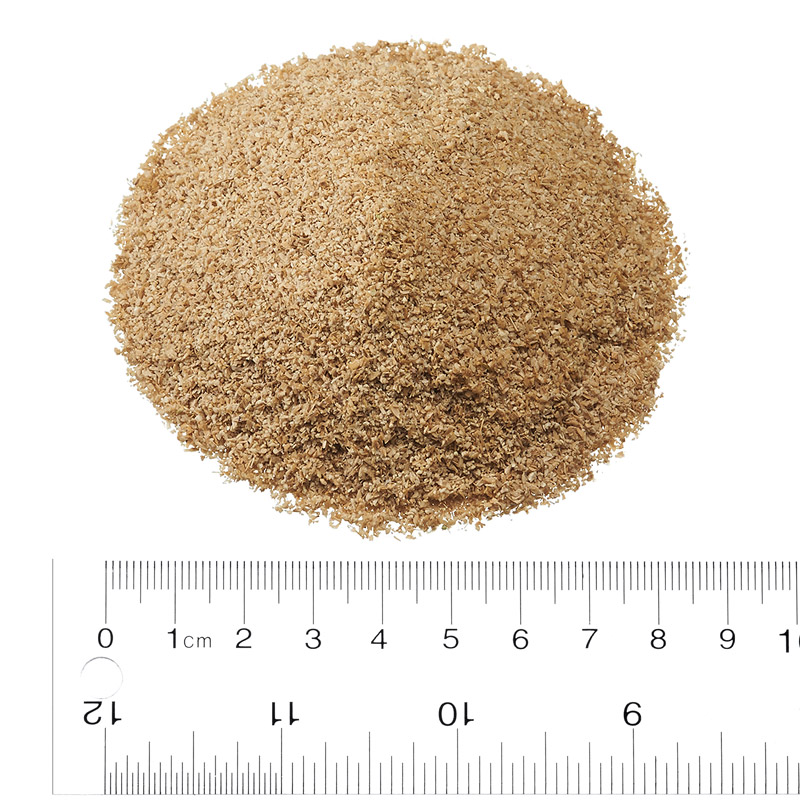Uses of Choline Chloride- vitamin B4-dietary supplement

High-Protein Byproducts Corn Gluten Meal,poultry natural fertilizer
December 13, 2016
Grade A quality soybean meal, soybean protein meal for poultry feed
December 22, 2016Choline chloride is an organic compound and a quaternary ammonium salt. It has a choline cation with chloride anion. Alternative names are hepacholine, biocolina and lipotril.
It is hard to believe that a product first isolated from ox bile in 1849 would play such an important role in the poultry industry. Choline–also known as vitamin B4 or, more formally, as 2-hydroxyethyl-trimethyl ammonium hydroxide–is a common dietary supplement in the livestock and poultry industries. In humans, choline plays critical roles in fetal development and may be beneficial when taken as a supplement.
Animal Feed
Natural feedstuffs do not contain a consistent amount of choline, nor is the amount present predictably bioavailable due to variations in crop growth conditions (see reference 5). Because livestock have a physiological need for choline, manufacturers add it to their animal feeds in the form of choline chloride. They typically add choline chloride as a 70 percent solution to cereals to enhance the nutrient supply for poultry, pigs and other livestock. Choline chloride helps prevent liver enlargement in chicks, as well as perosis, a condition in poultry that can lead to leg bone deformity. Choline specifically acts to prevent fatty liver syndrome and helps in the formation of the neurotransmitter, acetylcholine, maintaining proper nervous system functioning.
Human Development
In your body, choline is an essential nutrient. The structural integrity of cell membranes–as well as cell signaling, neurotransmission, muscle function and fat transport–all require choline. Choline is also a source of methyl groups, a specific chemical group containing one carbon atom and three hydrogen atoms. Methyl groups are required for a variety of chemical reactions in your body. During fetal development, choline influences stem cell proliferation and apoptosis, also known as programmed cell death, which is essential for brain and spinal cord structure and function, decreasing neural tube defects and increasing memory function. You can synthesize choline directly in your body, but humans also often obtain it through their diets. Dietary intake of choline needs vary among individuals. Men and postmenopausal women experience signs of organ dysfunction with insufficient dietary choline, while less than half of premenopausal women develop such signs.
Supplements
Choline chloride supplements are available based on the belief that taking high doses of choline helps achieve optimal acetylcholine levels in the brain, which may help with age-related memory loss. Manufacturers of choline supplements claim that choline may help reduce sleep problems and increase your ability to concentrate and problem-solve. In addition, supplement manufacturers claim that choline emulsifies fats, keeping them in liquid form so that they are less likely to deposit on the walls of your arteries. They claim that choline supplements may help decrease liver disease, high cholesterol, depression, memory loss, Alzheimer’s, and asthma and that choline has a general anti-inflammatory effect. Although choline deficiencies can cause health problems, manufacturers of choline chloride supplements do not provide scientific studies to back up their claims that supplements are effective at preventing or treating any of these conditions.





